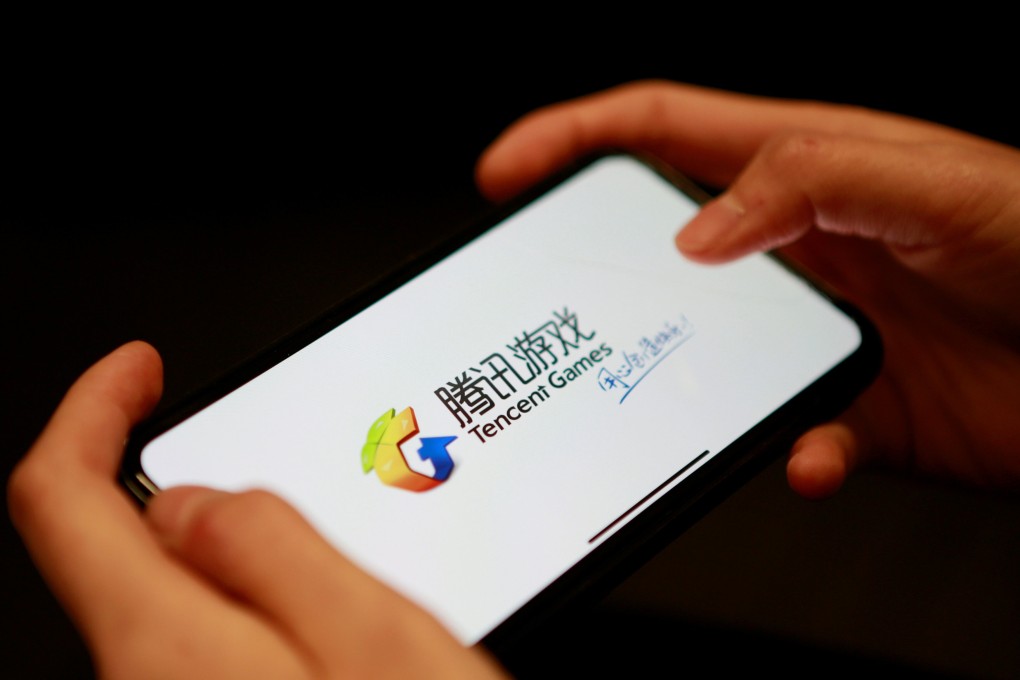Chinese lawmaker proposes a government-led age rating system for games to regulate content
- Based on the nature of the content, online games should be classified into categories such as early education, controlled, limited and prohibited, lawmaker says

A Chinese lawmaker has proposed a government-led age rating system for online games to protect minors from addiction and health issues, stepping into an area that has currently been left to major gaming companies such as Tencent Holdings and NetEase to police themselves.
Zhu Yongxin, a member of the Chinese People's Political Consultative Conference (CPPCC), proposed a games rating system classified by type of content, verification methods, playtime and spending, which would be compulsory for gaming companies, according to a report by Chinese newspaper The Beijing News on Monday.
The system should be supervised by the national cultural and news authorities, which would enhance reviews of online gaming content and step up penalties for companies who violate the rules, according to Zhu, an educator and vice-chairman of the China Association for Promoting Democracy.
A third-party organisation should be set up to draft the standards and regulate the industry, he added.
“The central government and local authorities have set up rules that treat adult and minor users differently, but an operational rating system is still lacking,” Zhu was quoted as saying in the report.
Based on the nature of the content, online games should be classified into categories such as early education, controlled, limited and prohibited, he said. For under 18s, Zhu also proposed applying different levels of playtime, spending limits, and real-name verification methods including phone numbers and facial recognition.